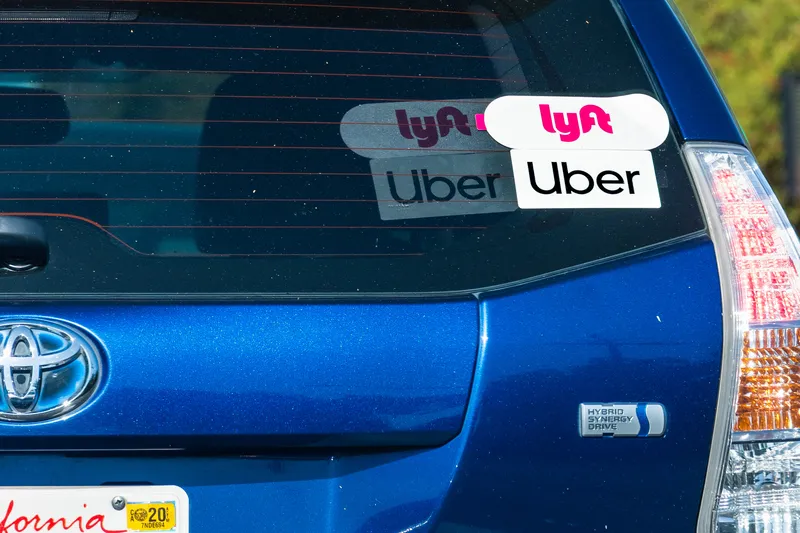Ride-hailing company Uber has lost another legal round in the dispute over whether its drivers are independent contractors or employees, an issue that threatens the core of the ride-hailing company's business model, says Reuters.
The California Employment Development Department (EDD) recently determined that a former Uber driver in Southern California was an employee, not an independent contractor as the company has claimed and as such was entitled to employee benefits. The decision was upheld twice on a
September 11, 2015
Read time: 2 mins
Ride-hailing company Uber has lost another legal round in the dispute over whether its drivers are independent contractors or employees, an issue that threatens the core of the ride-hailing company's business model, says Reuters.
The California Employment Development Department (EDD) recently determined that a former Uber driver in Southern California was an employee, not an independent contractor as the company has claimed and as such was entitled to employee benefits. The decision was upheld twice on appeal.
It appears that Uber’s control over the driver was the deciding factor; Uber has sole discretion over fares, bans drivers from picking up non-Uber passengers and can even charge drivers a cancellation fee if they choose not to take a passenger and suspend or deactivate drivers' accounts.
According to the administrative judge who heard the first appeal, "there was in fact an employer/employee relationship”.
An Uber spokeswoman said the ruling does not have any wider impact or set any formal or binding precedent.
The EDD decision is one of several rulings that appear to undercut how Uber operates. Other rulings include the decision by a Florida regulatory agency in May, the California Labor Commissioner in June and another case earlier this year in which a Los Angeles-area Uber driver was classified by the EDD as an employee and given unemployment benefits.
Other states, including Georgia, Pennsylvania, Colorado, Indiana, Texas, New York, Illinois have ruled that Uber drivers as independent contractors; in 2012 California also made a similar ruling in a specific case.
The California Employment Development Department (EDD) recently determined that a former Uber driver in Southern California was an employee, not an independent contractor as the company has claimed and as such was entitled to employee benefits. The decision was upheld twice on appeal.
It appears that Uber’s control over the driver was the deciding factor; Uber has sole discretion over fares, bans drivers from picking up non-Uber passengers and can even charge drivers a cancellation fee if they choose not to take a passenger and suspend or deactivate drivers' accounts.
According to the administrative judge who heard the first appeal, "there was in fact an employer/employee relationship”.
An Uber spokeswoman said the ruling does not have any wider impact or set any formal or binding precedent.
The EDD decision is one of several rulings that appear to undercut how Uber operates. Other rulings include the decision by a Florida regulatory agency in May, the California Labor Commissioner in June and another case earlier this year in which a Los Angeles-area Uber driver was classified by the EDD as an employee and given unemployment benefits.
Other states, including Georgia, Pennsylvania, Colorado, Indiana, Texas, New York, Illinois have ruled that Uber drivers as independent contractors; in 2012 California also made a similar ruling in a specific case.










